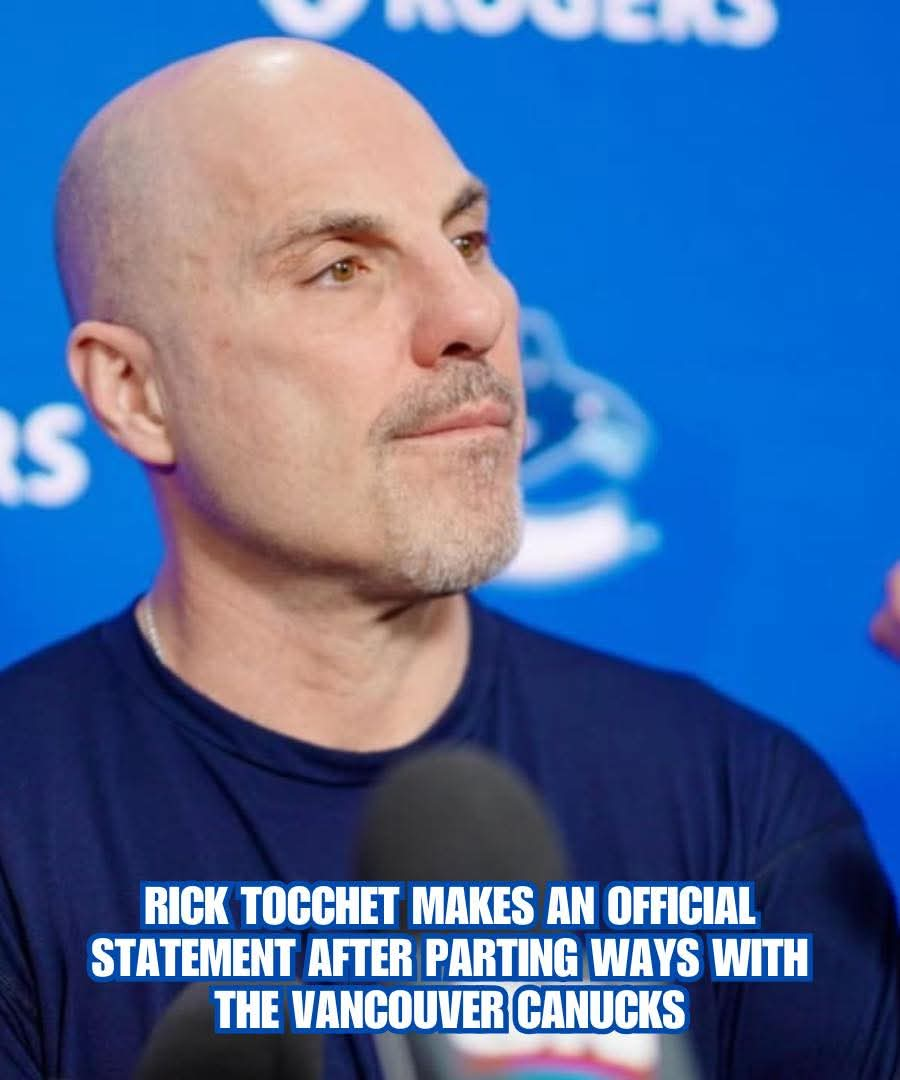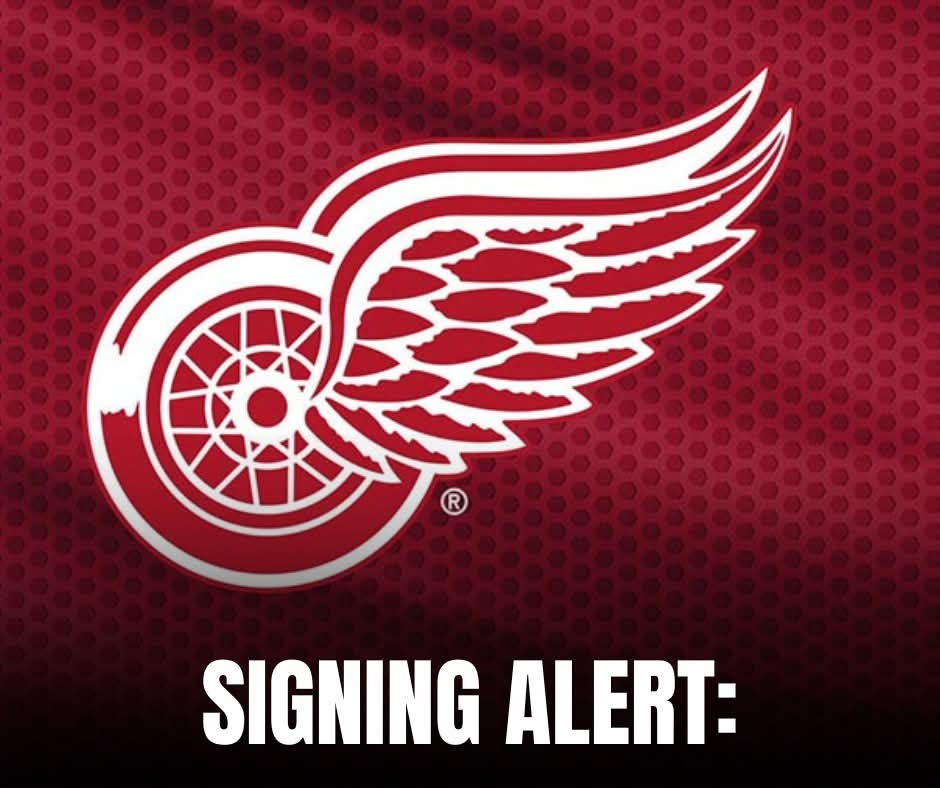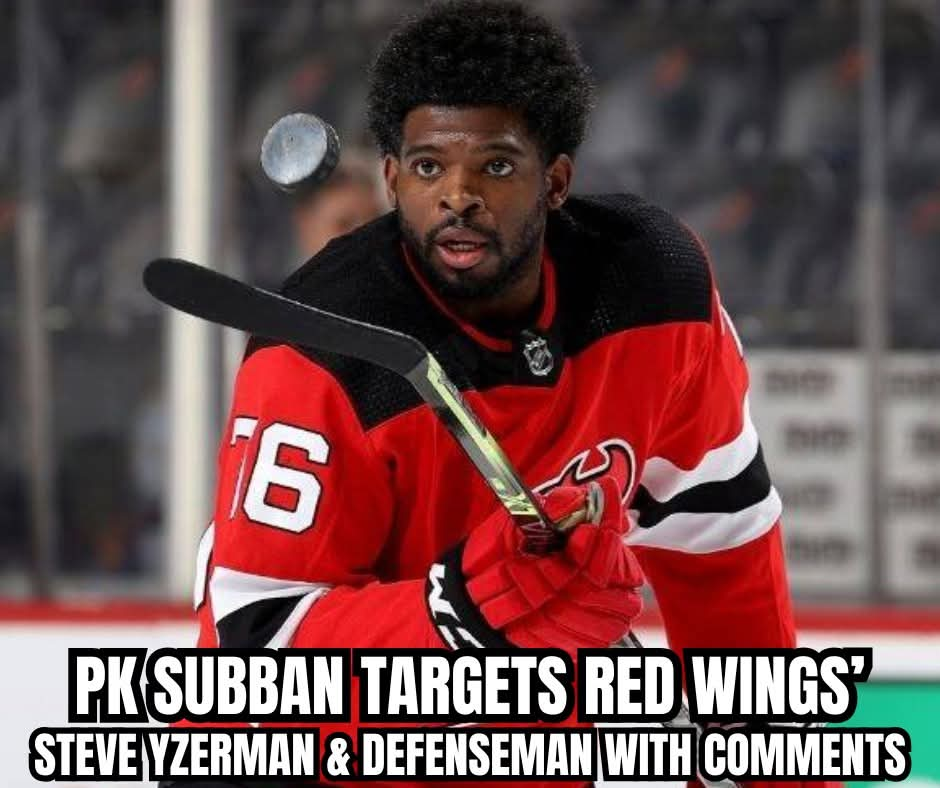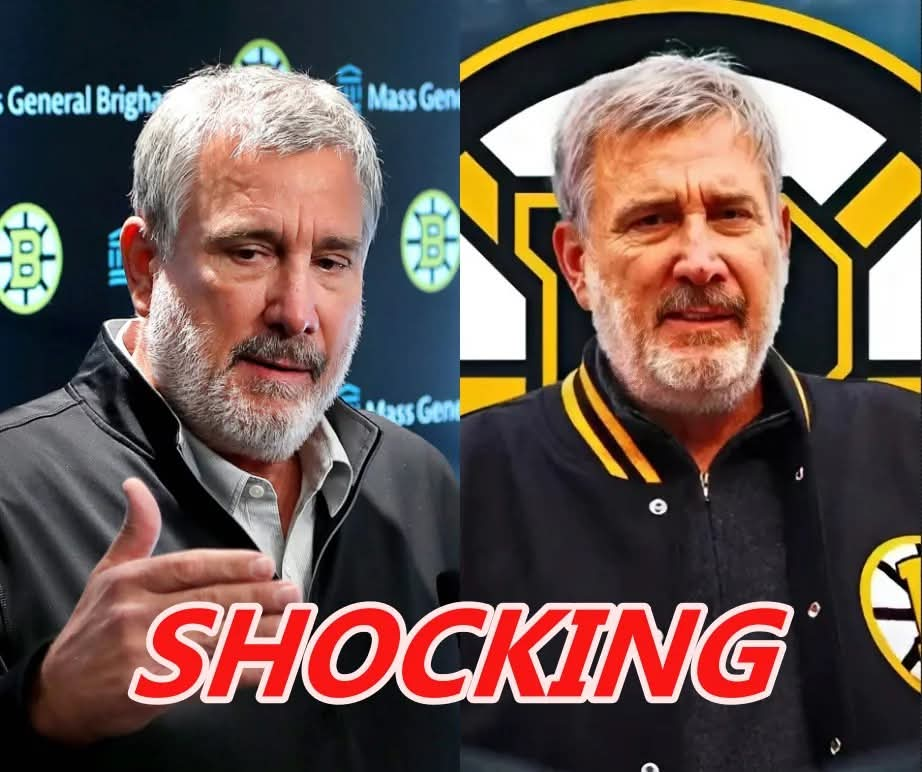Rick Tocchet Releases Statement Following Exit from Vancouver Canucks
Rick Tocchet, the now-former head coach of the Vancouver Canucks, broke his silence this afternoon, issuing a personal statement in the wake of the franchise’s decision to move forward without him at the helm. The announcement came earlier in the day, confirming that Tocchet would not be returning behind the bench for the 2025–2026 NHL season.
Reports had been swirling for several weeks that Tocchet’s tenure in Vancouver was on shaky ground. His contract was set to expire at the conclusion of the current campaign, and while the team held a contractual option to retain him for another season, they chose not to exercise it. According to NHL insider Elliotte Friedman, the decision allows Tocchet to freely explore coaching opportunities with other franchises should he choose to continue his career behind the bench.
The official word from the Canucks marked the end of what had been an uncertain stretch for the club. Soon after the team’s announcement, Tocchet addressed the public through a statement shared on social media, specifically in a post by hockey reporter Frank Seravalli. In the statement, Tocchet acknowledged the timing of the decision and the role his family played in considering his next steps.
“With my contract expiring, I believe now is the right time to see what else is out there for me in the world of hockey,” Tocchet shared. “Family is always a top priority, and though I’m unsure of what the immediate future looks like, I’m excited to explore new opportunities, whether that be coaching or another role within the sport.”
Tocchet’s words struck a tone of both reflection and anticipation, suggesting that while his chapter with the Canucks has ended, his journey in hockey is far from over.
The move has sparked conversation throughout the hockey world. Analysts and fans alike are dissecting what the decision says about the Canucks’ leadership and direction moving forward. Much of the criticism has been directed at Vancouver’s front office, especially General Manager Patrik Allvin and President of Hockey Operations Jim Rutherford. Critics argue that the organization has lacked consistency in its approach and failed to provide the kind of stability that builds a long-term winning culture.
Despite this criticism, the Canucks now find themselves at a pivotal juncture as they begin the search for a new head coach. With a relatively young and talented roster headlined by star players Elias Pettersson and Quinn Hughes, the team will be under pressure to find a coach who can harness their potential and guide the Canucks into a deeper playoff run in the coming seasons.
While no definitive shortlist has been made public, speculation has already begun regarding potential replacements for Tocchet. Veteran coaches such as John Tortorella and Mike Sullivan are just two of the prominent names that have been mentioned as possibilities. Whether either would be interested—or considered a fit for Vancouver’s current makeup—remains to be seen. What is clear, however, is that the Canucks’ management will be weighing their decision carefully, likely taking into account the perspectives of core players and how the next coach could influence their long-term commitment to the franchise.
Tocchet’s departure comes after a mixed run with the team. Though he inherited a challenging situation when he first stepped into the role, Tocchet was credited with helping to foster a stronger defensive identity and greater accountability in the locker room. His emphasis on structure and effort was seen as a positive change in a market that demands results.
However, questions remained about whether his style and approach were enough to elevate the Canucks into true contenders. While the team showed flashes of promise, inconsistency plagued their efforts throughout the season, and in the end, Vancouver’s leadership decided that a new voice was needed to steer the group forward.
It’s worth noting that Tocchet has had a long and respected career in the NHL, both as a player and a coach. Before his time in Vancouver, he served as head coach of the Arizona Coyotes and as an assistant with the Pittsburgh Penguins, where he earned praise for his work with star forwards and his ability to connect with players. His experience, leadership qualities, and hockey mind are likely to make him an attractive candidate for other roles in the league—whether as a coach, advisor, or broadcaster.
As for the Canucks, their immediate task is to launch a thorough search for a successor. The hope among fans is that the next coach can build upon the foundation Tocchet helped lay, while also injecting the team with new ideas and energy that can propel them to the next level.
Whoever steps into the role will inherit a roster filled with talent and potential—but also one that has not yet fully delivered on its promise. The pressure will be high from day one, not just from management and ownership, but from a loyal fan base eager to see playoff success return to British Columbia.
For now, Rick Tocchet moves on with appreciation for his time in Vancouver and an open mind about what comes next. His statement reflects a thoughtful pause—a recognition that while his journey with the Canucks is over, his involvement in hockey is likely far from done. Whether he ends up behind another NHL bench or takes a different path within the sport, Tocchet remains a respected figure, and his next move will be watched with interest.
As developments unfold regarding the Canucks’ coaching search and Tocchet’s future, more information is expected in the days and weeks ahead. Hockey fans across the league will no doubt be keeping an eye on both narratives, as one door closes and several others prepare to open.



